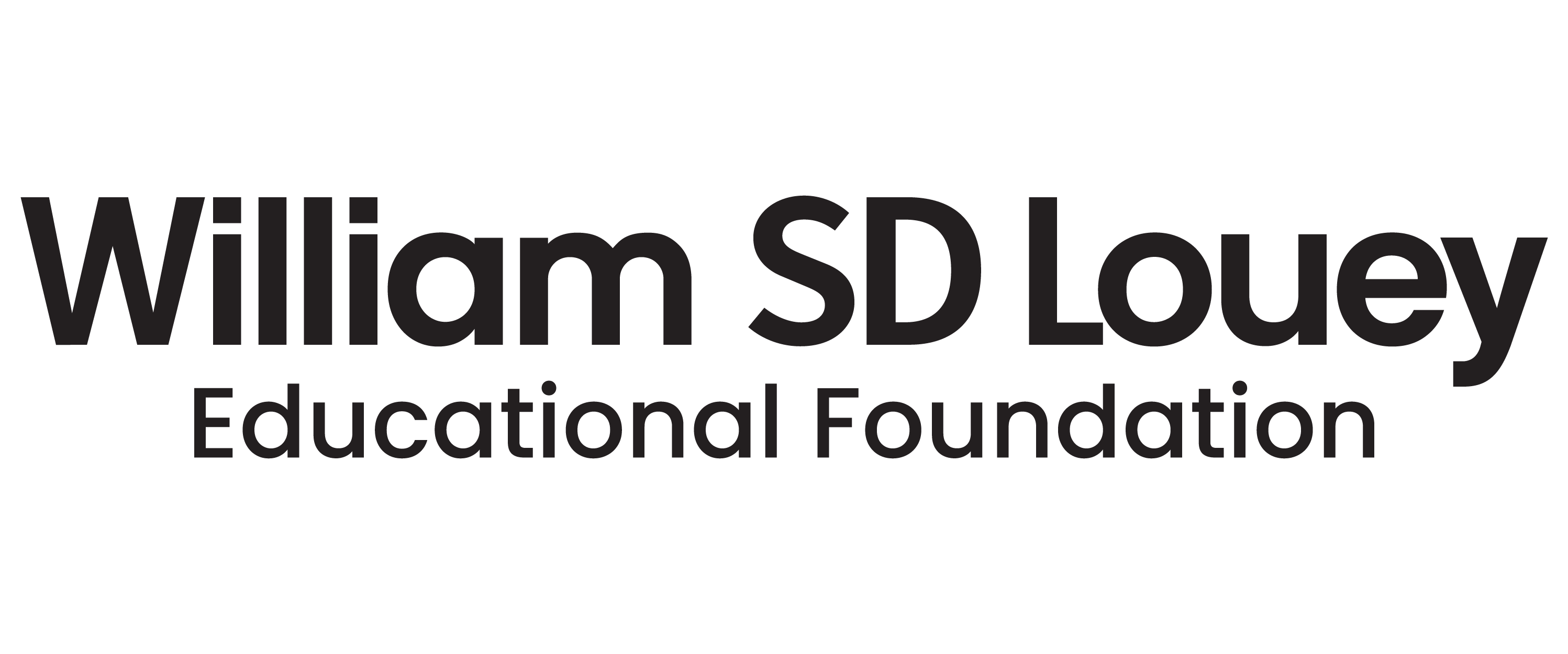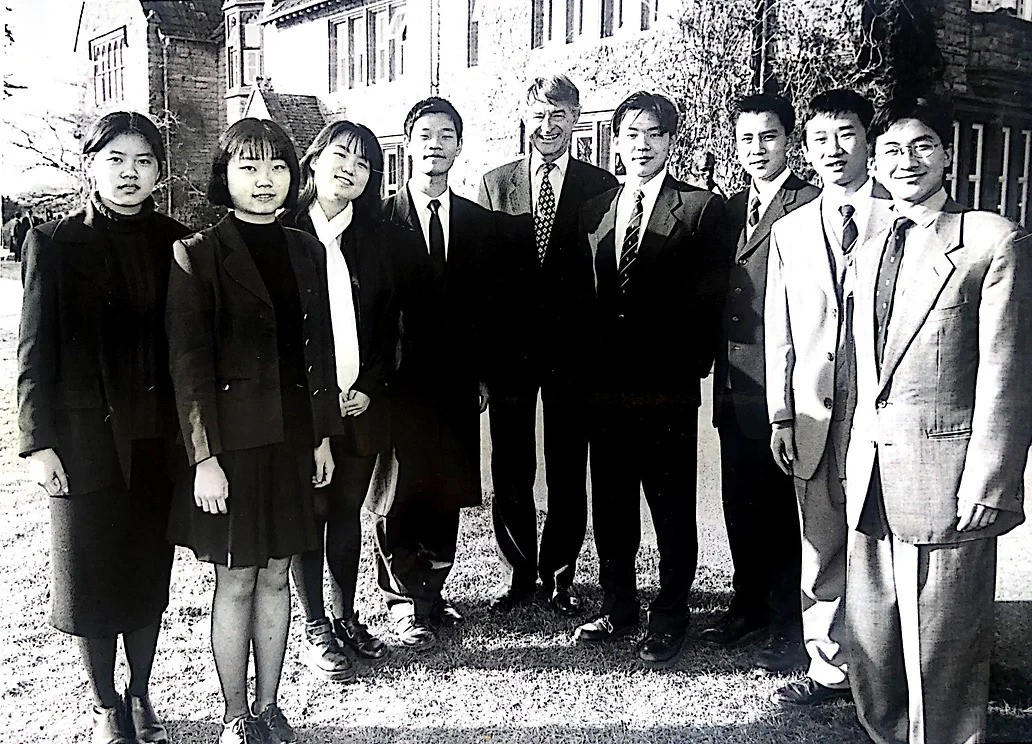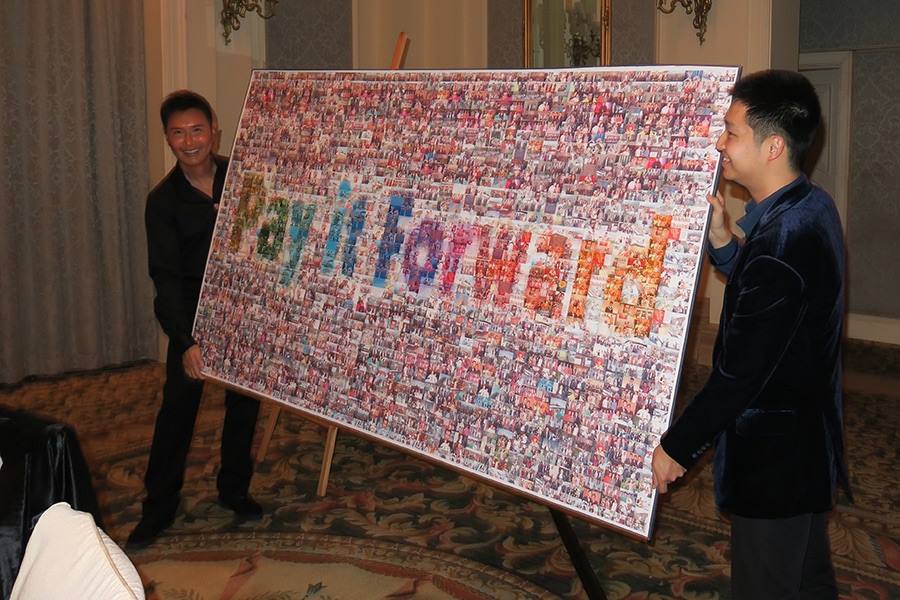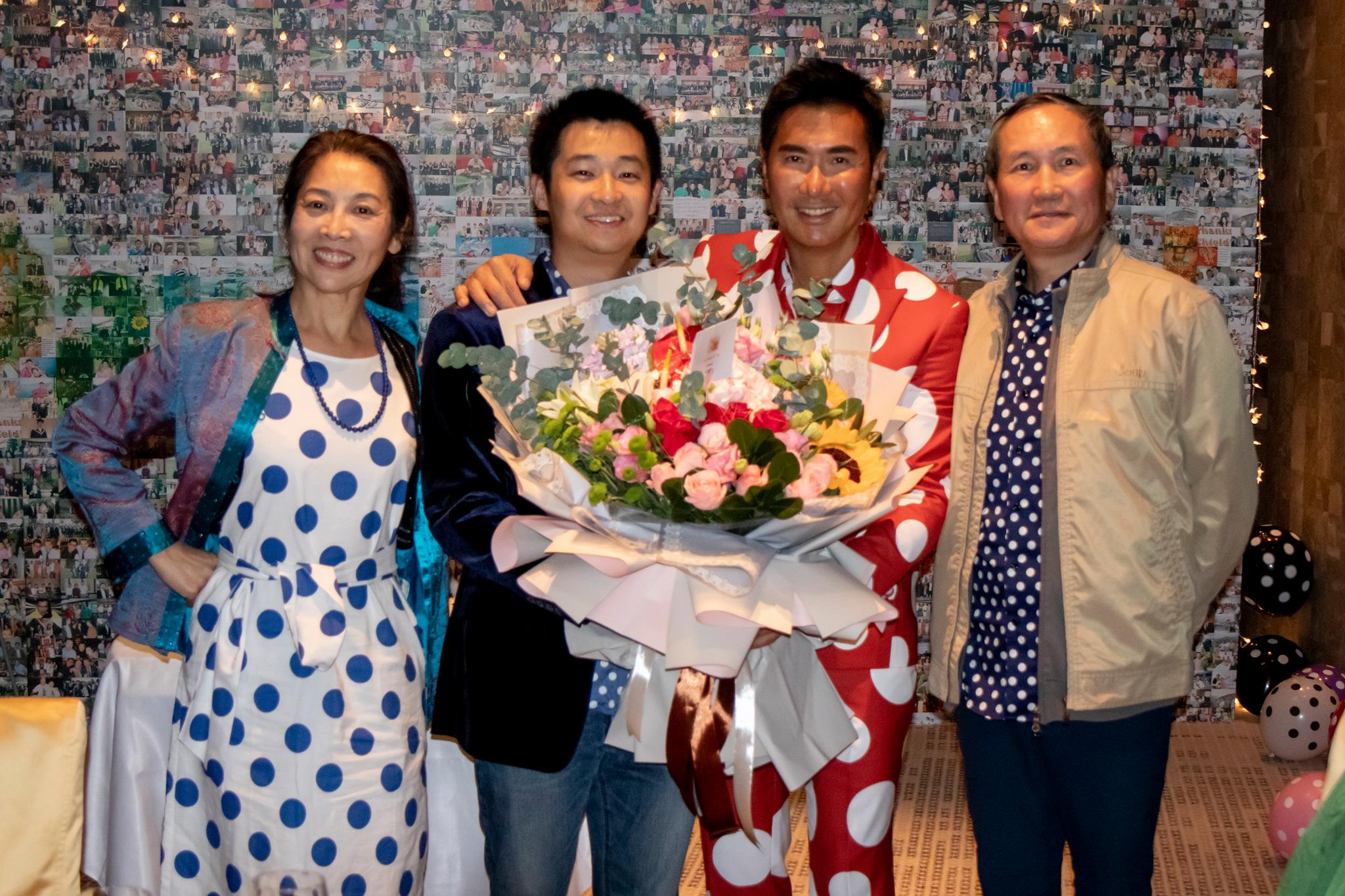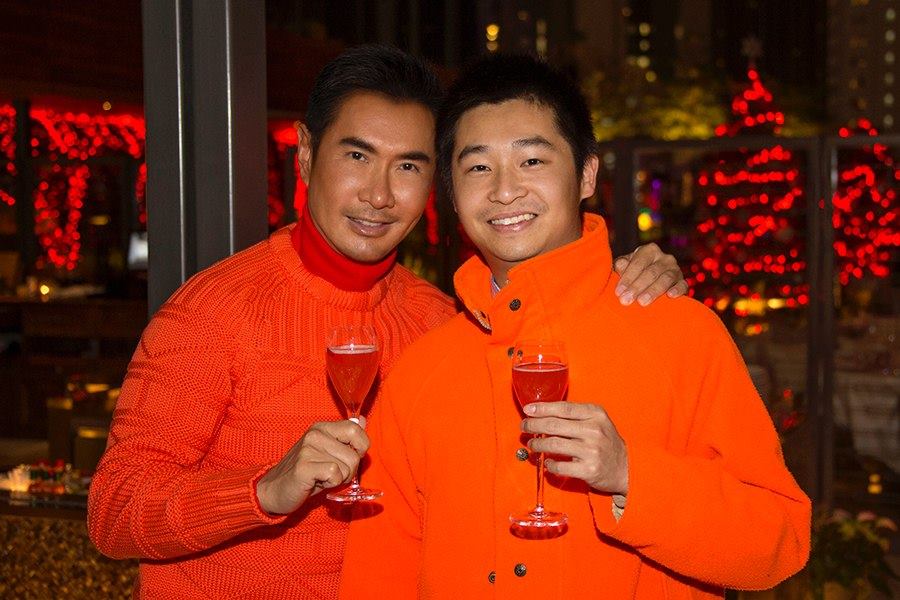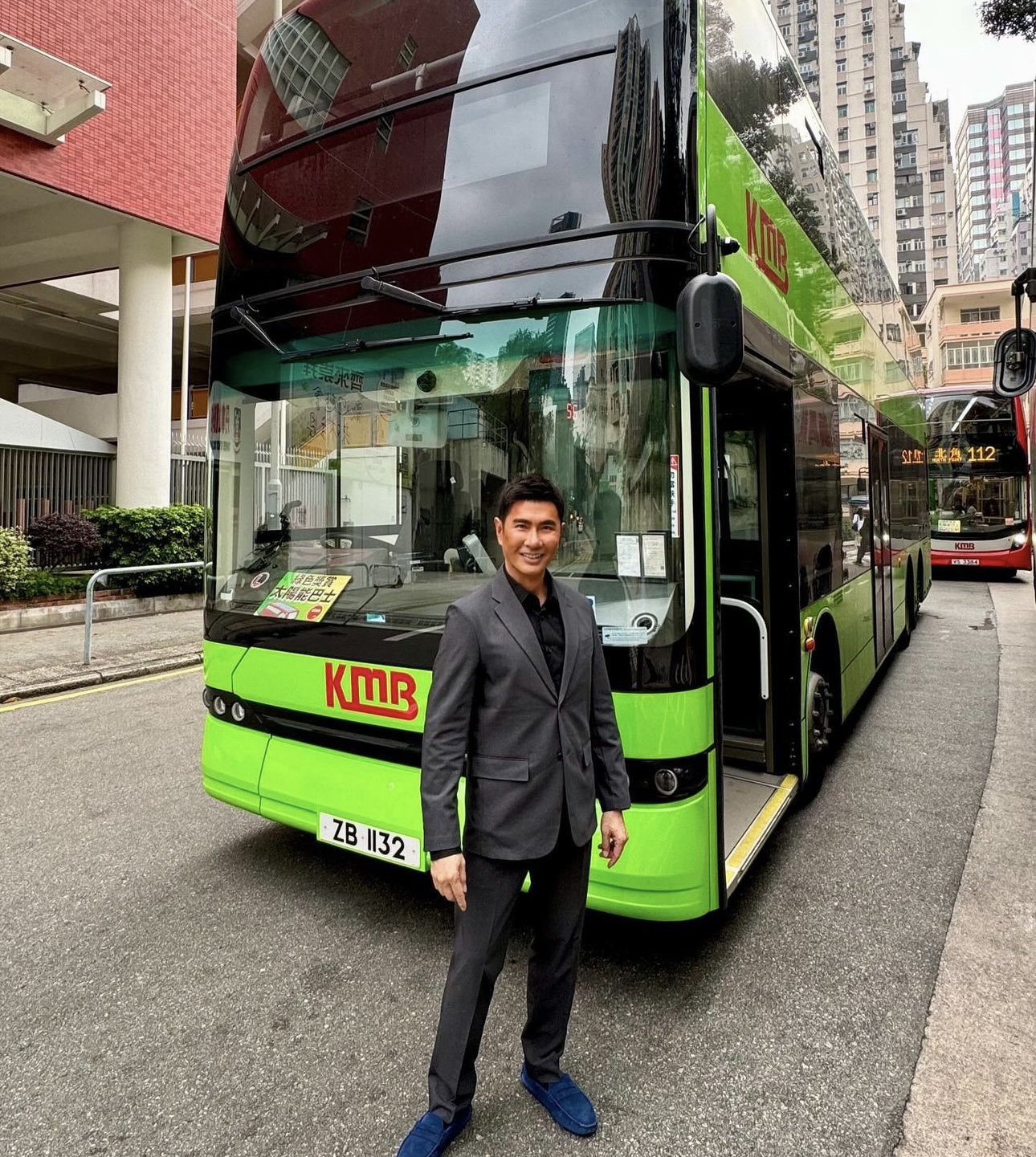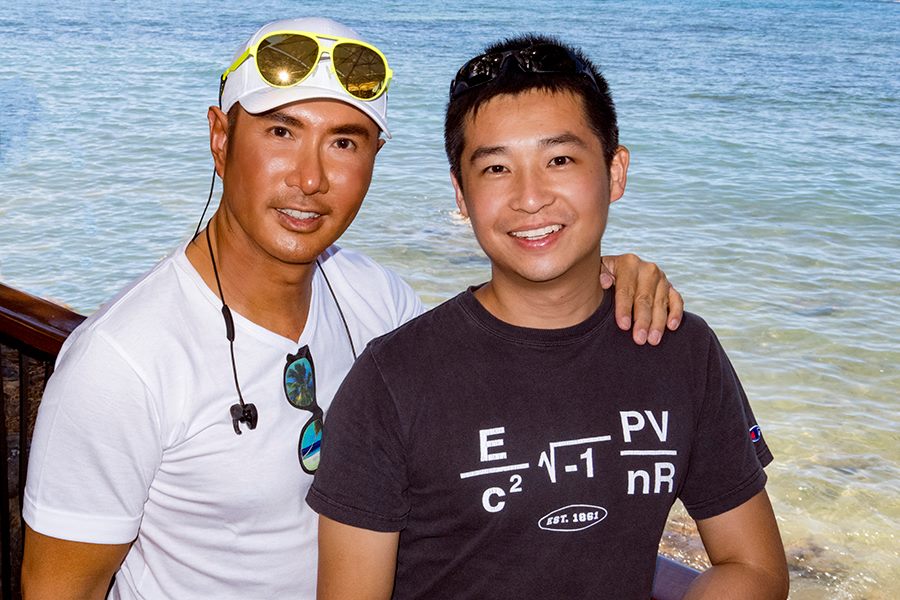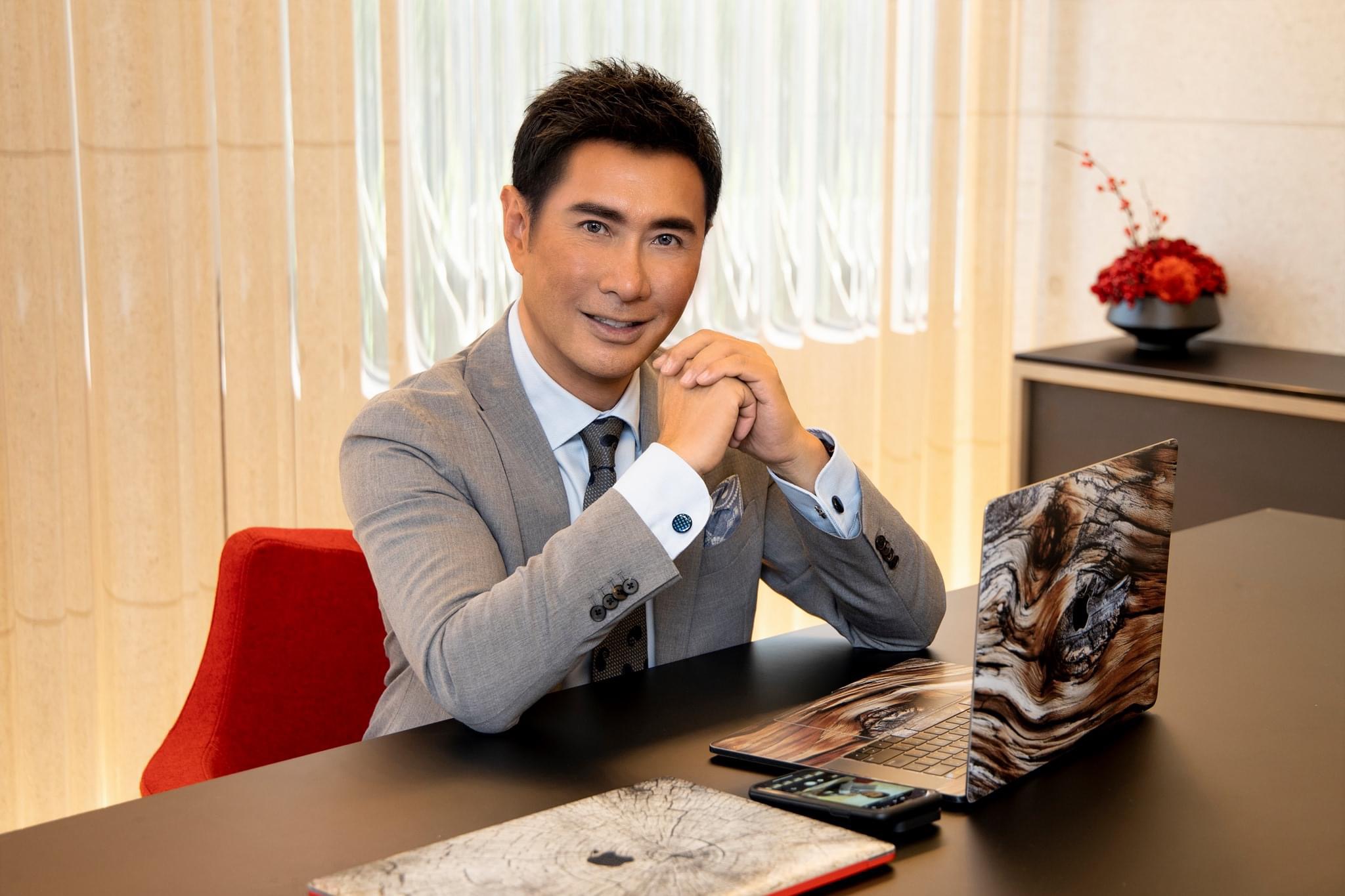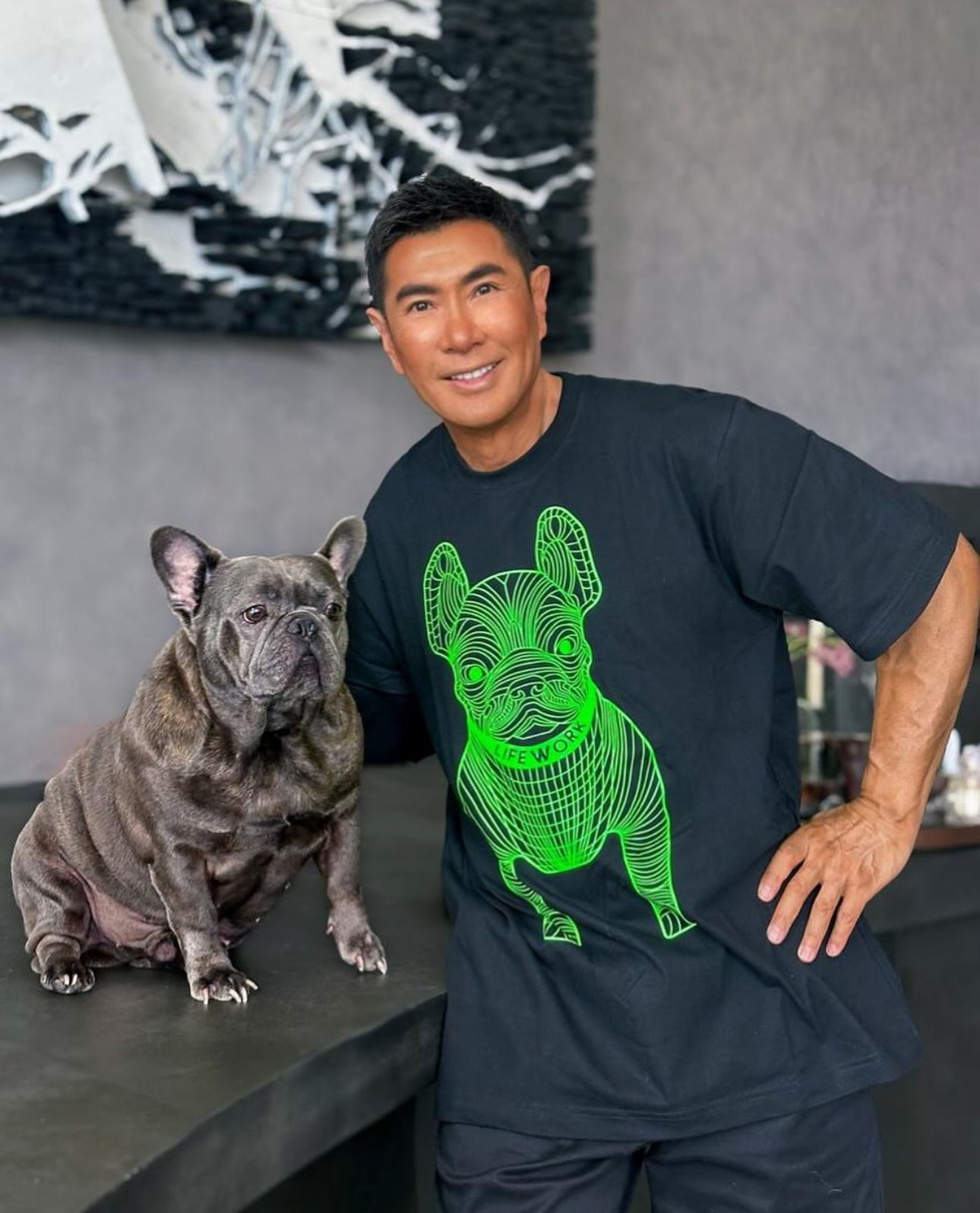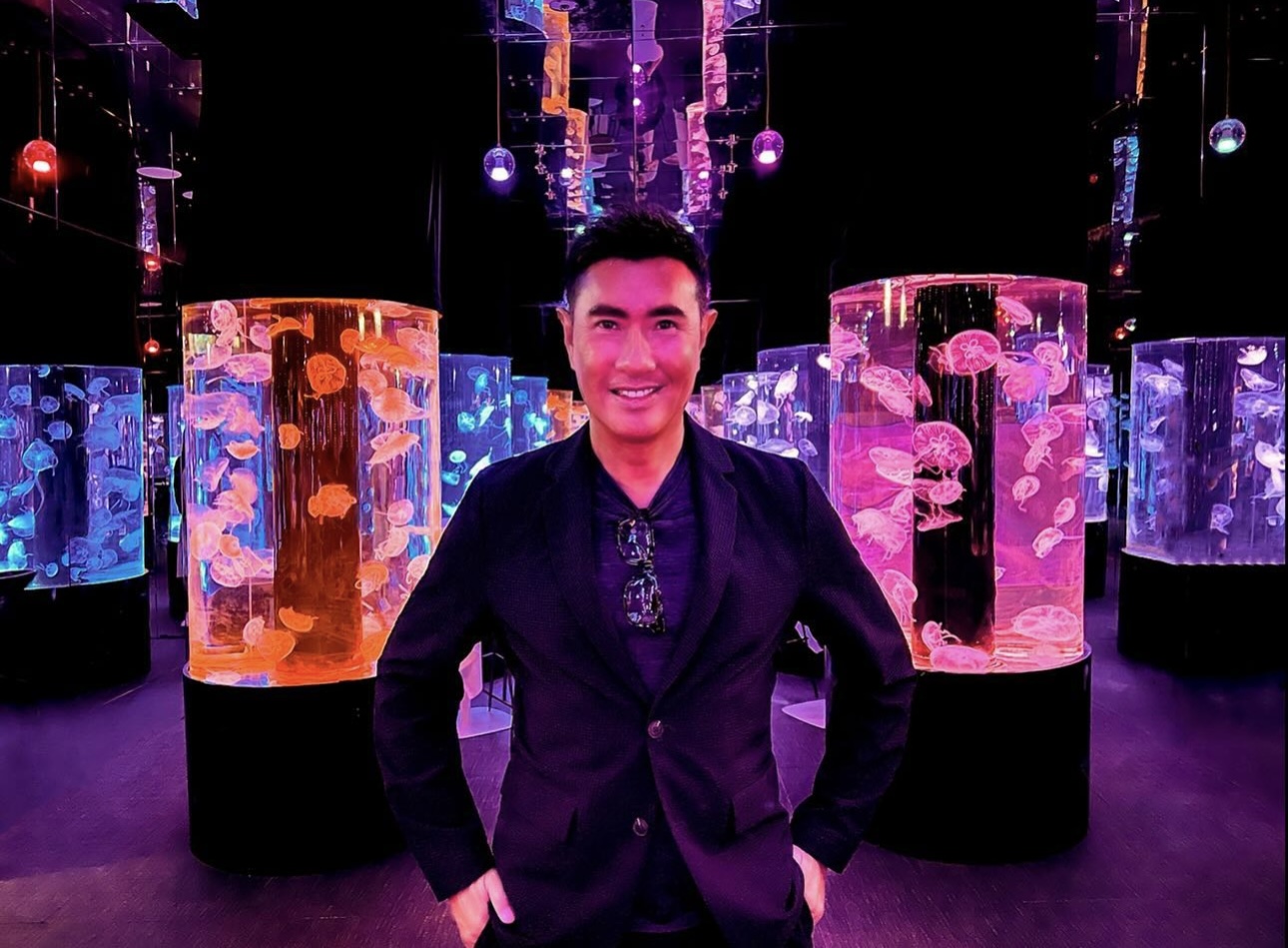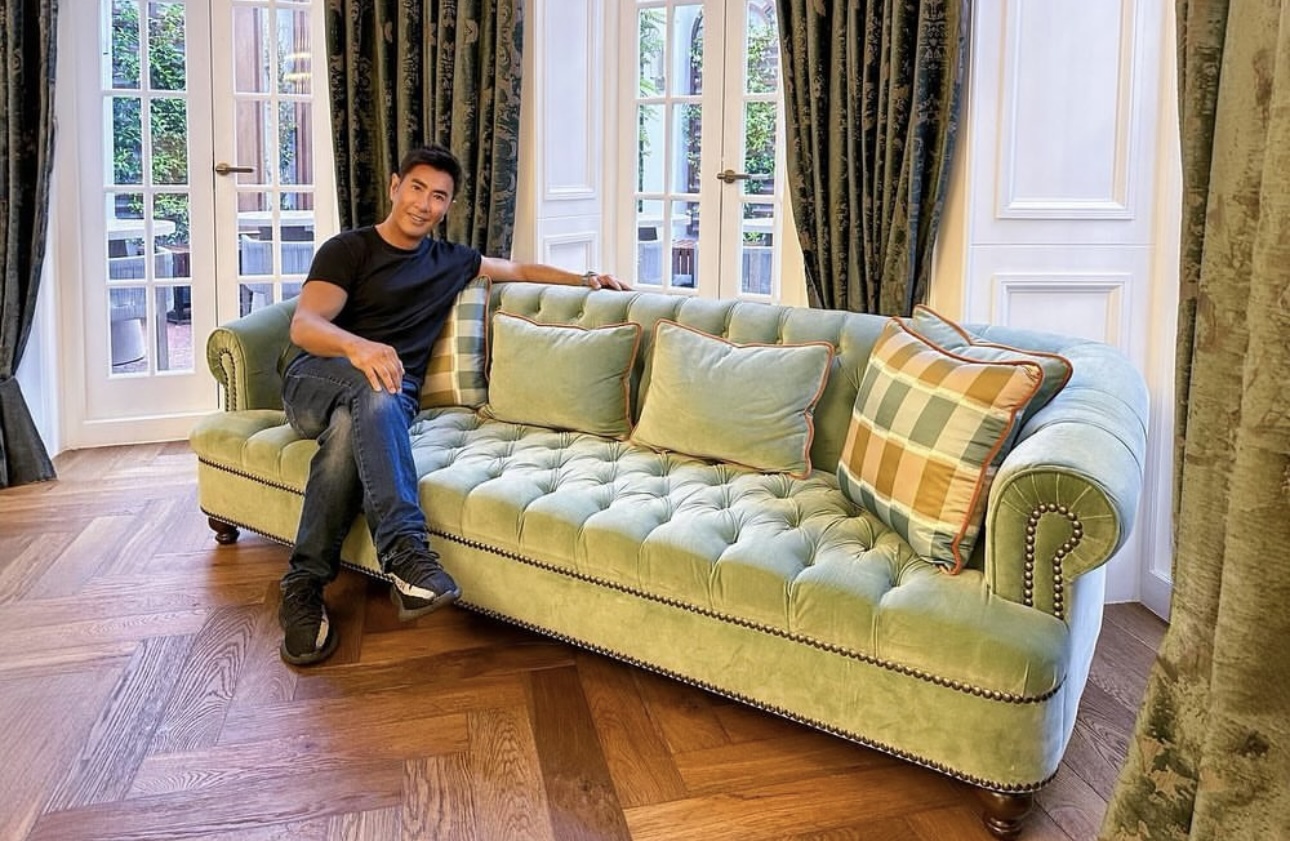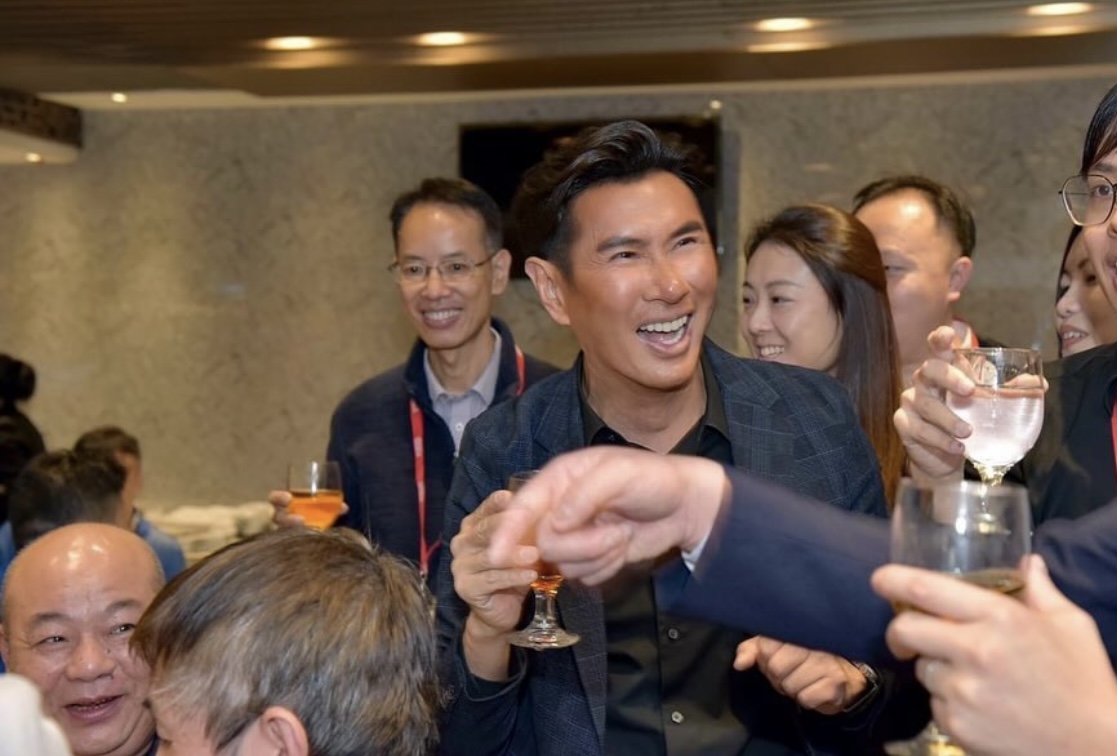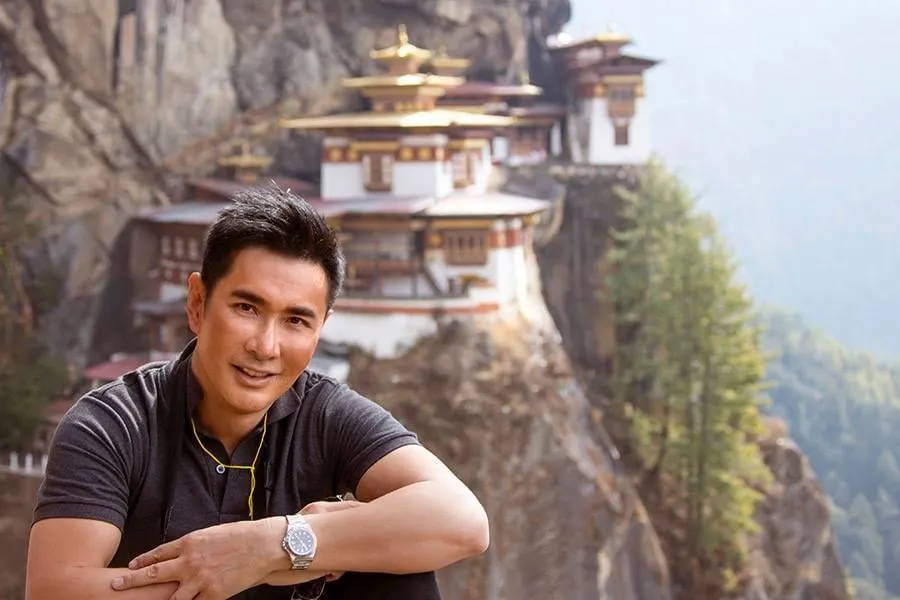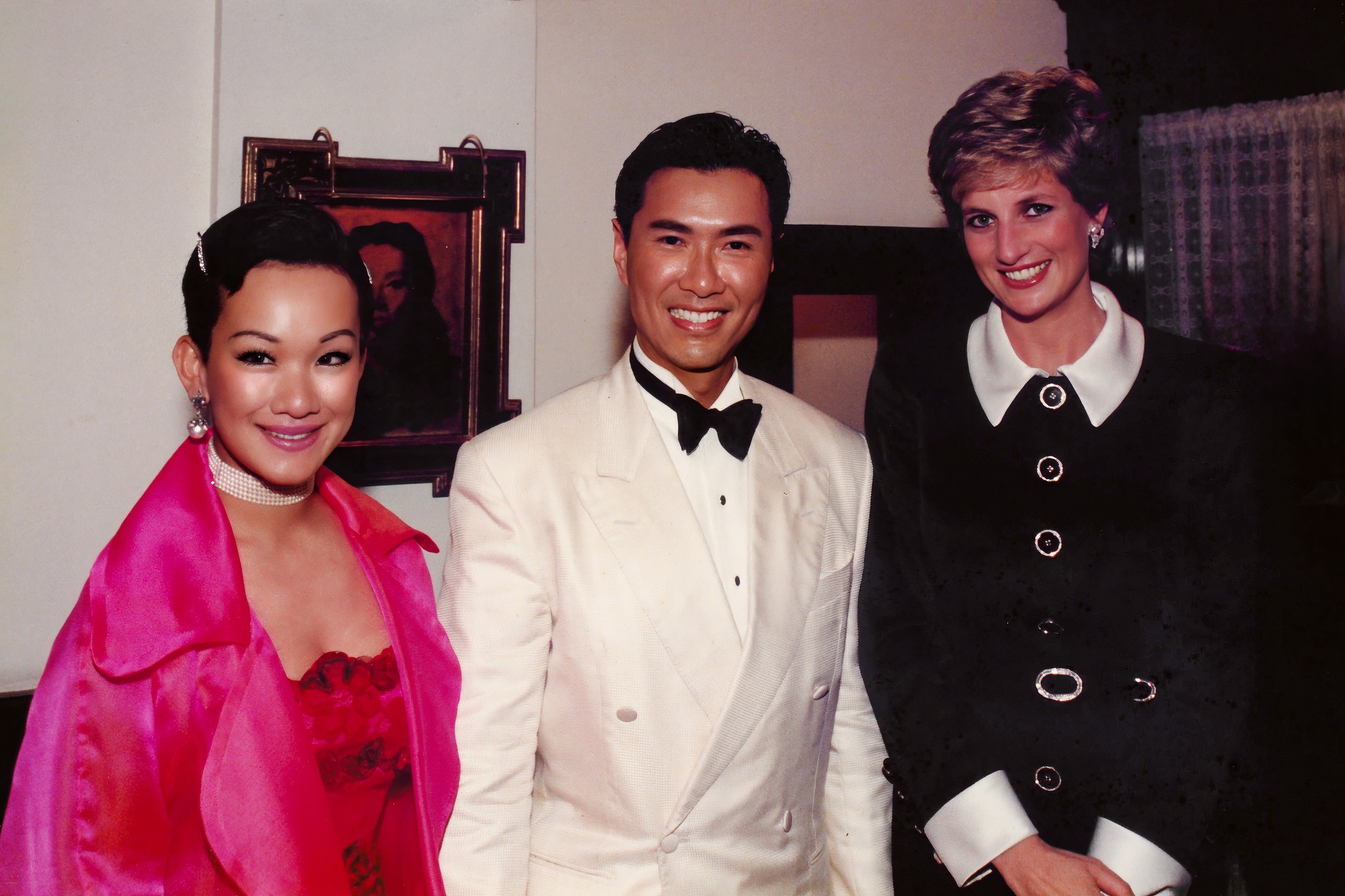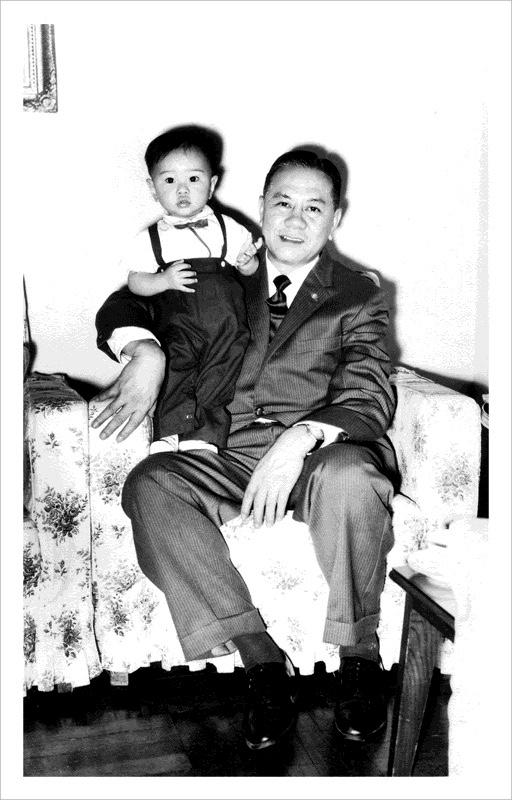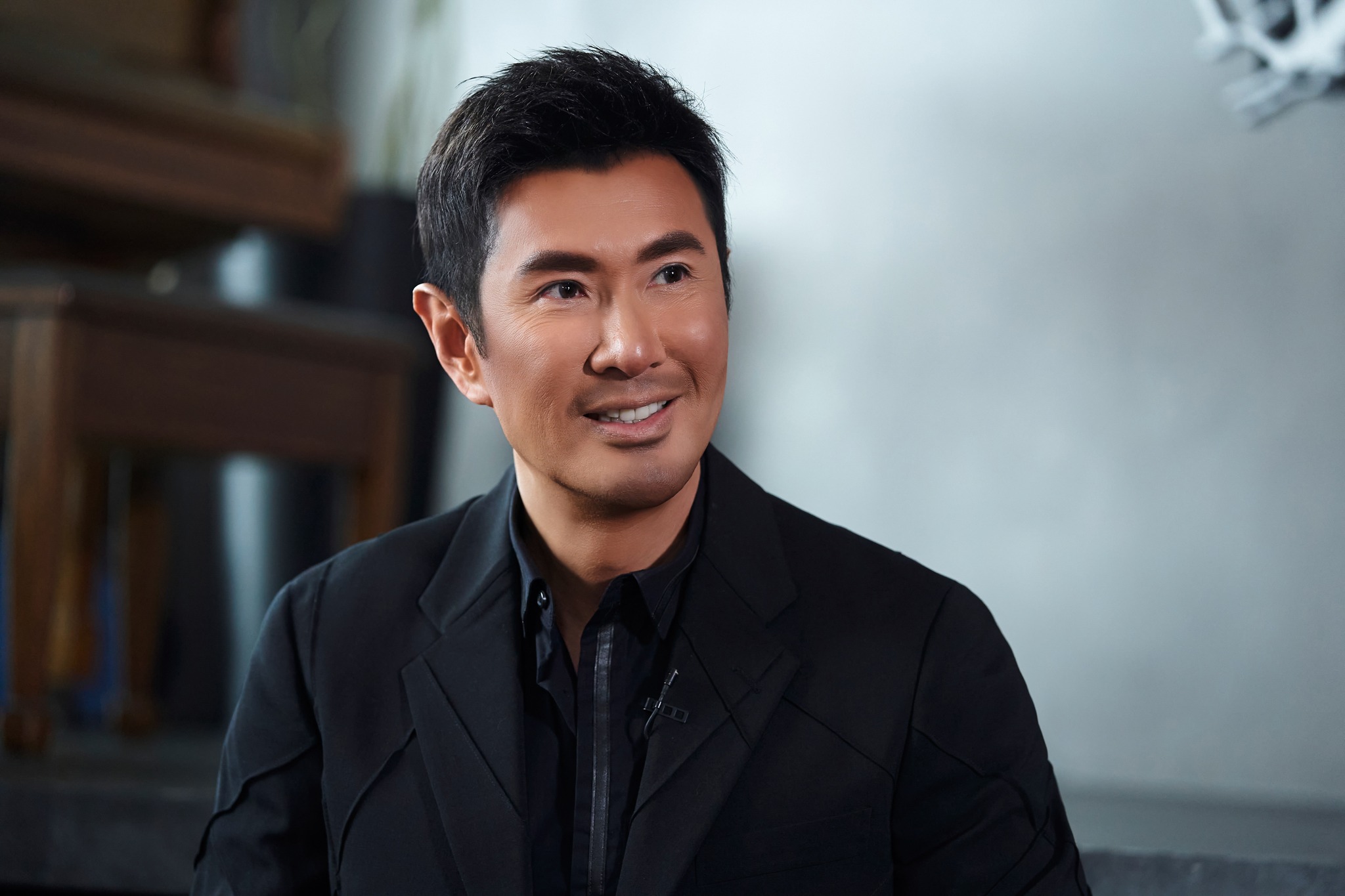The William Louey Lai Kuen Story
William Louey Lai Kuen is a successful businessman and a passionate philanthropist with a unique mission to spread the Pay It Forward philosophy he wholeheartedly believes in.
As the fourth generation heir of the prominent Louey family in Asia, William’s grandfather grandfather, William Sui Tak Louey, founded the Kowloon Motor Bus Company in 1921. This is Hong Kong’s oldest transportation company, which although is privately owned, offers public bus services to Hong Kong’s residents at affordable rates.
William Louey Lai Kuen was made director of the company in 1997, where he subsequently assumed the role of non-executive director of Transport International, its umbrella company.
The William Louey Lai Kuen Story
William Louey Lai Kuen is a successful businessman and a passionate philanthropist with a unique mission to spread the Pay It Forward philosophy he wholeheartedly believes in.
As the fourth generation heir of the prominent Louey family in Asia, William’s grandfather grandfather, William Sui Tak Louey, founded the Kowloon Motor Bus Company in 1921. This is Hong Kong’s oldest transportation company, which although is privately owned, offers public bus services to Hong Kong’s residents at affordable rates.
William Louey Lai Kuen was made director of the company in 1997, where he subsequently assumed the role of non-executive director of Transport International, its umbrella company.
The Hong Kong businessman wears many hats, among which is his role as a founding member of JNW Properties, a premier real estate agency in Hong Kong specialising in stunning resort properties across Asia. He also serves as chairman of Hong Kong Construction (Technology) which is a licensee of Geofiber, a Japanese system that replaces cement slopes with eco-friendly materials. Even through his role at Transport International, William Louey champions sustainability, as the company plans to upgrade its entire fleet of buses to new energy vehicles by 2040.
Despite having a multi-faceted career and lifestyle, William Louey’s ultimate wish has always been to delve into the heart of his family’s values: the art of giving back to society. His late grandmother was an ardent philanthropist whose extent of giving he never knew about until the day of her funeral. She has been an inspiration to him, having spent significant time taking him to orphanages and institutions for disabled and elderly people since he was only seven years of age.
The Hong Kong businessman wears many hats, among which is his role as a founding member of JNW Properties, a premier real estate agency in Hong Kong specialising in stunning resort properties across Asia. He also serves as chairman of Hong Kong Construction (Technology) which is a licensee of Geofiber, a Japanese system that replaces cement slopes with eco-friendly materials. Even through his role at Transport International, William Louey champions sustainability, as the company plans to upgrade its entire fleet of buses to new energy vehicles by 2040.
Despite having a multi-faceted career and lifestyle, William Louey’s ultimate wish has always been to delve into the heart of his family’s values: the art of giving back to society. His late grandmother was an ardent philanthropist whose extent of giving he never knew about until the day of her funeral. She has been an inspiration to him, having spent significant time taking him to orphanages and institutions for disabled and elderly people since he was only seven years of age.
While William Louey’s grandmother had helped thousands of people with her giving, he himself decided to replicate the essence of her work by helping a select few underprivileged young people that had the potential to help many more in return. William Louey’s reasoning behind wanting to do his philanthropic work this way was simple. He chose to focus on a small number of beneficiaries to meaningfully give them the gift of his personal time and attention, which he believed was not feasible to do on a larger scale.
It was important to William Louey that he carried out the philanthropic work himself. For him, this was a way to add his personal touch to the effort, instead of just giving money away to a charity or outsourcing the work it would involve to third party advisers. In addition, this type of philanthropy meant that he also had an opportunity to learn from the very people he was helping. William Louey’s dynamic personality is always hungry to connect with others, especially those who come from markedly different socioeconomic backgrounds from him. This, he believed, was his route to self development and progress as someone who was born with wealth, privilege and status.
In the year 1994, William Louey, who was then a father in his thirties, discussed the future of his very young children with his wife Marie Louey. He wanted to instil in his future generation a sense of direction and purpose to complement the work ethic he and his wife were already demonstrating through their respective careers. One evening, he shared with his wife that he was keen to showcase to his children the transformative power of education. This was when he decided to embark upon a social experiment. The aim was to find out how the elite British education he had himself received would impact the lives of the brightest young minds in mainland China, which was at the time facing significant levels of poverty compared to Hong Kong and the rest of the Western world.
While William Louey’s grandmother had helped thousands of people with her giving, he himself decided to replicate the essence of her work by helping a select few underprivileged young people that had the potential to help many more in return. William Louey’s reasoning behind wanting to do his philanthropic work this way was simple. He chose to focus on a small number of beneficiaries to meaningfully give them the gift of his personal time and attention, which he believed was not feasible to do on a larger scale.
It was important to William Louey that he carried out the philanthropic work himself. For him, this was a way to add his personal touch to the effort, instead of just giving money away to a charity or outsourcing the work it would involve to third party advisers. In addition, this type of philanthropy meant that he also had an opportunity to learn from the very people he was helping. William Louey’s dynamic personality is always hungry to connect with others, especially those who come from markedly different socioeconomic backgrounds from him. This, he believed, was his route to self development and progress as someone who was born with wealth, privilege and status.
In the year 1994, William Louey, who was then a father in his thirties, discussed the future of his very young children with his wife Marie Louey. He wanted to instil in his future generation a sense of direction and purpose to complement the work ethic he and his wife were already demonstrating through their respective careers. One evening, he shared with his wife that he was keen to showcase to his children the transformative power of education. This was when he decided to embark upon a social experiment. The aim was to find out how the elite British education he had himself received would impact the lives of the brightest young minds in mainland China, which was at the time facing significant levels of poverty compared to Hong Kong and the rest of the Western world.
A New Approach
The reason why education was such a focal point for William Louey’s philanthropy was the fact that during his school years, he had struggled personally and academically due to his diagnosed ADHD traits. He wanted to give others who are economically underprivileged a chance to change their lives through education. This was, according to him, a way for him to redeem his past self within the very educational system that he had battled against as a student. He was determined that this should be done through the success of other well-deserving young minds.
William Louey was a member of the Young Presidents’ Organization, an US origin network of young leaders and executives from around the world. It was then that he met Richard Yan, a charismatic, Western-educated lawyer, who was the only representative from mainland China in the mid-1990s. William revealed his experimental philanthropy ideas to Richard, who immediately became interested in helping. Richard drew up a list of the top schools in Beijing which were attended by some of the poorest students in China. Within days of their initial conversation about the mission, Richard invited William to personally interview the crème de la crème from these institutions in Beijing, to which the latter delightfully agreed.
After achieving a better understanding of the mission plan through student conversations and interviews in mainland China, William Louey decided to set up his own foundation to offer extensive scholarships to a select number of candidates he was impressed with. In 1995, he created the William S.D. Louey Educational Foundation, naming it after his late grandfather who was also known for his charitable giving in Hong Kong. Through the foundation, William Louey has, to date, helped over 60 students, who are mostly from mainland China, get unparalleled access to private education in the UK. These efforts eventually led to most of them qualifying for further education at Oxford and Cambridge.
But William Louey’s philanthropy did not just stop at helping brilliant students from underprivileged backgrounds attend elite universities. He takes pride in mentoring each scholar, from A-level education through to university studies and beyond. As a mentor, he wanted to do even more than inspire his scholars to achieve success. He revealed to them the Pay It Forward philosophy he personally abides by, which required each scholar to do something to give back to society, no matter how small their respective contributions were to be.
William Louey’s Pay It Forward philosophy is now paying off. Many of his scholars today are serial philanthropists themselves, with some educating their own children to carry on the Pay It Forward mission. In 2016, a group of the early batch of scholars set up their own scholarship in honour of William Louey and named it Pay It Forward, which is a fund that annually sponsors Chinese students to study at Oxford University. This fund sits under the China Oxford Scholarship Fund, which William Louey is also a committee member of.
William Louey’s contribution to UK education is manifold. He not only had to overcome challenging circumstances to bring mainland Chinese students to the UK in the mid 1990s, but he also introduced some of China’s brightest young minds in the Science, Technology, Engineering and Mathematics sector to its private education landscape. News of William Louey’s brilliant scholars didn’t escape the then Prince Charles, who was then the head of the Cambridge Overseas Trust which also sponsored talented students from abroad. In 1998, Prince Charles invited William Louey to a private dinner to discuss the future of China’s young students in British education, a meeting which was so successful that William Louey’s efforts made waves in higher education. To recognise his overall contribution to British higher education, in 2013 Oxford University awarded William Louey the Elizabeth Wordsworth Fellowship, which is still the first and only accolade of its kind.
What’s more important to William Louey, however, is the ongoing relationships he enjoys between his scholars and their wider network too. “I always encourage people to give. People give, but they don’t give time. That’s the problem. I can’t really explain to them how much I enjoy doing what I do. I have a big family, with all my scholars. I go to their graduation, I go to their weddings, I go to see their newborns. We become like families,” he has said.
Now 65 years of age, William Louey celebrates over 30 years of his philanthropy in 2024. What’s foremost on his mind is that the world would be a better place if more people in his position adopted the Pay It Forward model of giving, which he certainly finds extremely rewarding and humbling.
“A lot of people do charity for social climbing or to get recognition, or to get a title or whatever, but I don’t want to do anything like that. I just felt that my grandmother did it the right way because she didn’t ask for any recognition. I think it’s the most honourable way of doing it,” William Louey has said.
William Louey was a member of the Young Presidents’ Organization, an US origin network of young leaders and executives from around the world. It was then that he met Richard Yan, a charismatic, Western-educated lawyer, who was the only representative from mainland China in the mid-1990s. William revealed his experimental philanthropy ideas to Richard, who immediately became interested in helping. Richard drew up a list of the top schools in Beijing which were attended by some of the poorest students in China. Within days of their initial conversation about the mission, Richard invited William to personally interview the crème de la crème from these institutions in Beijing, to which the latter delightfully agreed.
After achieving a better understanding of the mission plan through student conversations and interviews in mainland China, William Louey decided to set up his own foundation to offer extensive scholarships to a select number of candidates he was impressed with. In 1995, he created the William S.D. Louey Educational Foundation, naming it after his late grandfather who was also known for his charitable giving in Hong Kong. Through the foundation, William Louey has, to date, helped over 60 students, who are mostly from mainland China, get unparalleled access to private education in the UK. These efforts eventually led to most of them qualifying for further education at Oxford and Cambridge.
But William Louey’s philanthropy did not just stop at helping brilliant students from underprivileged backgrounds attend elite universities. He takes pride in mentoring each scholar, from A-level education through to university studies and beyond. As a mentor, he wanted to do even more than inspire his scholars to achieve success. He revealed to them the Pay It Forward philosophy he personally abides by, which required each scholar to do something to give back to society, no matter how small their respective contributions were to be.
William Louey’s Pay It Forward philosophy is now paying off. Many of his scholars today are serial philanthropists themselves, with some educating their own children to carry on the Pay It Forward mission. In 2016, a group of the early batch of scholars set up their own scholarship in honour of William Louey and named it Pay It Forward, which is a fund that annually sponsors Chinese students to study at Oxford University. This fund sits under the China Oxford Scholarship Fund, which William Louey is also a committee member of.
William Louey’s contribution to UK education is manifold. He not only had to overcome challenging circumstances to bring mainland Chinese students to the UK in the mid 1990s, but he also introduced some of China’s brightest young minds in the Science, Technology, Engineering and Mathematics sector to its private education landscape. News of William Louey’s brilliant scholars didn’t escape the then Prince Charles, who was then the head of the Cambridge Overseas Trust which also sponsored talented students from abroad. In 1998, Prince Charles invited William Louey to a private dinner to discuss the future of China’s young students in British education, a meeting which was so successful that William Louey’s efforts made waves in higher education. To recognise his overall contribution to British higher education, in 2013 Oxford University awarded William Louey the Elizabeth Wordsworth Fellowship, which is still the first and only accolade of its kind.
What’s more important to William Louey, however, is the ongoing relationships he enjoys between his scholars and their wider network too. “I always encourage people to give. People give, but they don’t give time. That’s the problem. I can’t really explain to them how much I enjoy doing what I do. I have a big family, with all my scholars. I go to their graduation, I go to their weddings, I go to see their newborns. We become like families,” he has said.
Now 65 years of age, William Louey celebrates over 30 years of his philanthropy in 2024. What’s foremost on his mind is that the world would be a better place if more people in his position adopted the Pay It Forward model of giving, which he certainly finds extremely rewarding and humbling.
“A lot of people do charity for social climbing or to get recognition, or to get a title or whatever, but I don’t want to do anything like that. I just felt that my grandmother did it the right way because she didn’t ask for any recognition. I think it’s the most honourable way of doing it,” William Louey has said.
A New Approach
The reason why education was such a focal point for William Louey’s philanthropy was the fact that during his school years, he had struggled personally and academically due to his diagnosed ADHD traits.
He wanted to give others who are economically underprivileged a chance to change their lives through education. This was, according to him, a way for him to redeem his past self within the very educational system that he had battled against as a student. He was determined that this should be done through the success of other well-deserving young minds.
William Louey was a member of the Young Presidents’ Organization, an US origin network of young leaders and executives from around the world. It was then that he met Richard Yan, a charismatic, Western-educated lawyer, who was the only representative from mainland China in the mid-1990s. William revealed his experimental philanthropy ideas to Richard, who immediately became interested in helping. Richard drew up a list of the top schools in Beijing which were attended by some of the poorest students in China. Within days of their initial conversation about the mission, Richard invited William to personally interview the crème de la crème from these institutions in Beijing, to which the latter delightfully agreed.
After achieving a better understanding of the mission plan through student conversations and interviews in mainland China, William Louey decided to set up his own foundation to offer extensive scholarships to a select number of candidates he was impressed with. In 1995, he created the William S.D. Louey Educational Foundation, naming it after his late grandfather who was also known for his charitable giving in Hong Kong. Through the foundation, William Louey has, to date, helped over 60 students, who are mostly from mainland China, get unparalleled access to private education in the UK. These efforts eventually led to most of them qualifying for further education at Oxford and Cambridge.
But William Louey’s philanthropy did not just stop at helping brilliant students from underprivileged backgrounds attend elite universities. He takes pride in mentoring each scholar, from A-level education through to university studies and beyond. As a mentor, he wanted to do even more than inspire his scholars to achieve success. He revealed to them the Pay It Forward philosophy he personally abides by, which required each scholar to do something to give back to society, no matter how small their respective contributions were to be.
William Louey’s Pay It Forward philosophy is now paying off. Many of his scholars today are serial philanthropists themselves, with some educating their own children to carry on the Pay It Forward mission. In 2016, a group of the early batch of scholars set up their own scholarship in honour of William Louey and named it Pay It Forward, which is a fund that annually sponsors Chinese students to study at Oxford University. This fund sits under the China Oxford Scholarship Fund, which William Louey is also a committee member of.
William Louey’s contribution to UK education is manifold. He not only had to overcome challenging circumstances to bring mainland Chinese students to the UK in the mid 1990s, but he also introduced some of China’s brightest young minds in the Science, Technology, Engineering and Mathematics sector to its private education landscape. News of William Louey’s brilliant scholars didn’t escape the then Prince Charles, who was then the head of the Cambridge Overseas Trust which also sponsored talented students from abroad. In 1998, Prince Charles invited William Louey to a private dinner to discuss the future of China’s young students in British education, a meeting which was so successful that William Louey’s efforts made waves in higher education. To recognise his overall contribution to British higher education, in 2013 Oxford University awarded William Louey the Elizabeth Wordsworth Fellowship, which is still the first and only accolade of its kind.
What’s more important to William Louey, however, is the ongoing relationships he enjoys between his scholars and their wider network too. “I always encourage people to give. People give, but they don’t give time. That’s the problem. I can’t really explain to them how much I enjoy doing what I do. I have a big family, with all my scholars. I go to their graduation, I go to their weddings, I go to see their newborns. We become like families,” he has said.
Now 65 years of age, William Louey celebrates over 30 years of his philanthropy in 2024. What’s foremost on his mind is that the world would be a better place if more people in his position adopted the Pay It Forward model of giving, which he certainly finds extremely rewarding and humbling.
“A lot of people do charity for social climbing or to get recognition, or to get a title or whatever, but I don’t want to do anything like that. I just felt that my grandmother did it the right way because she didn’t ask for any recognition. I think it’s the most honourable way of doing it,” William Louey has said.
